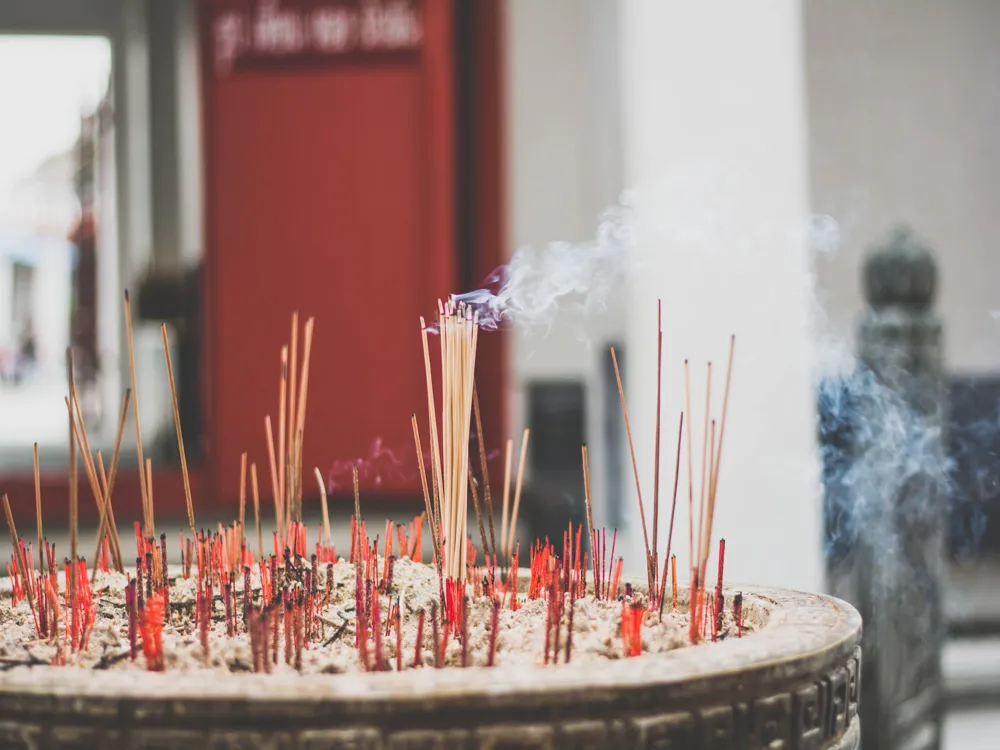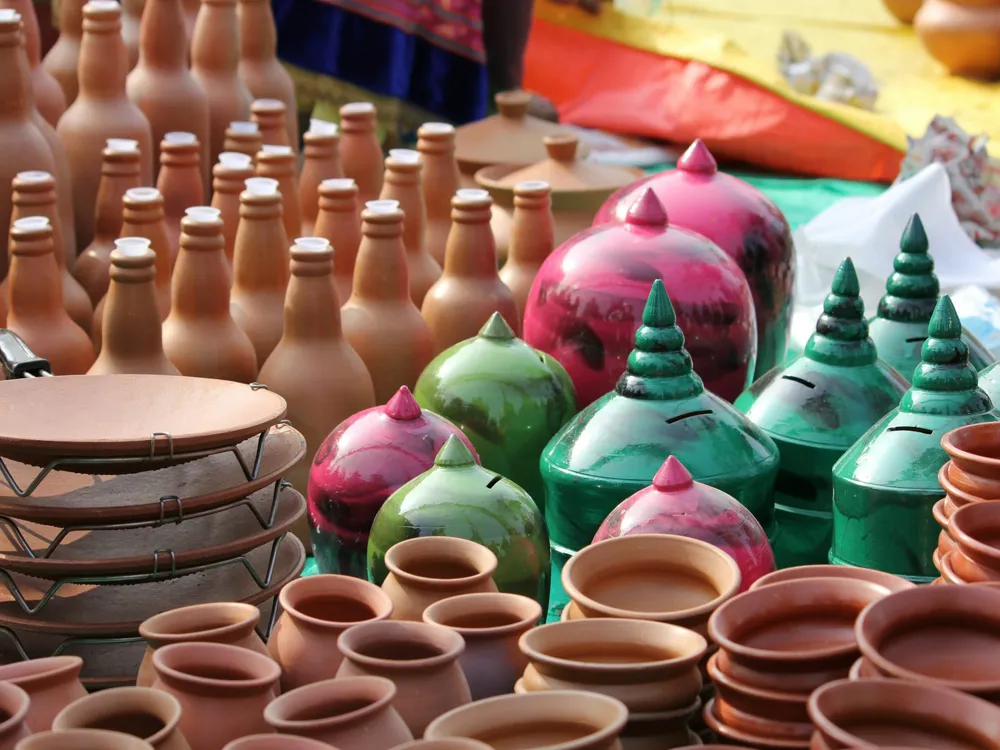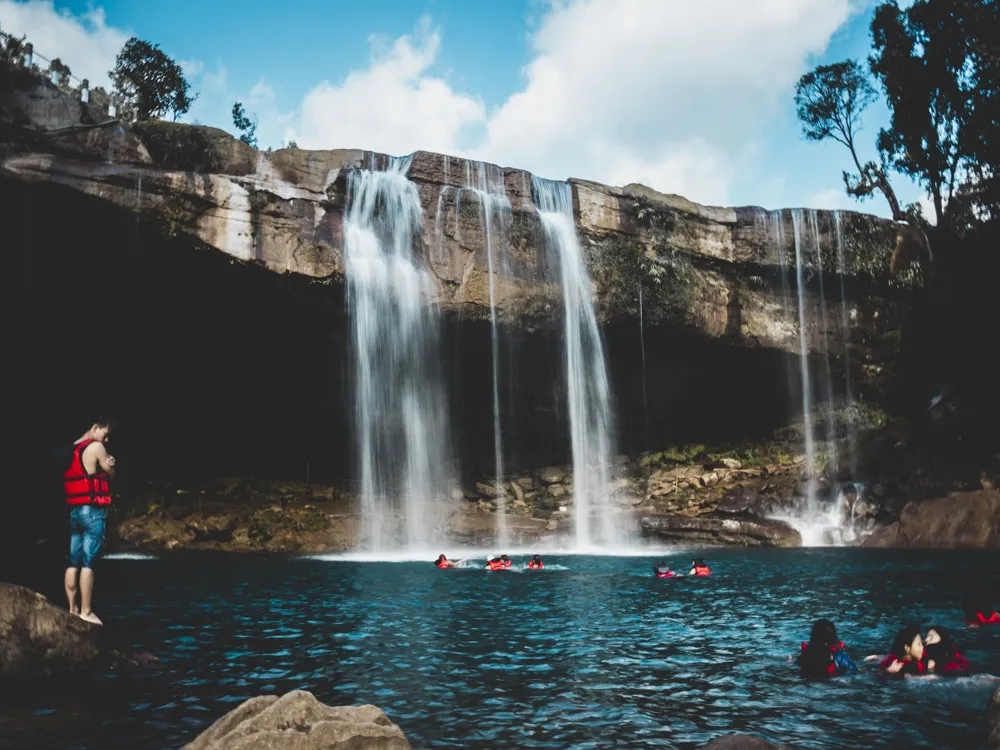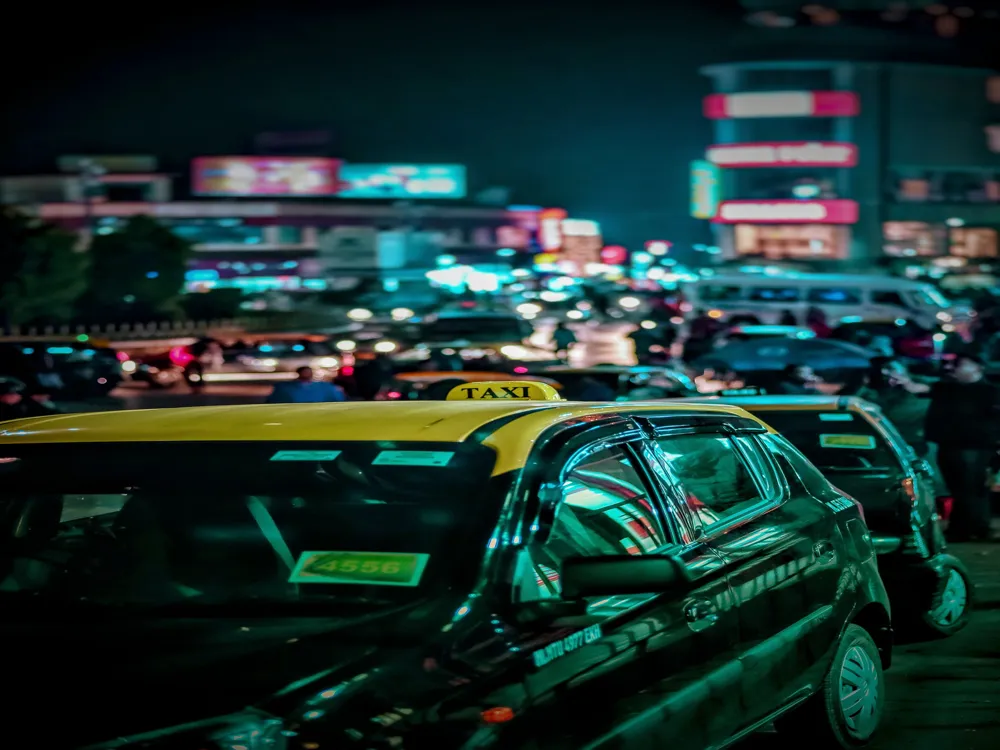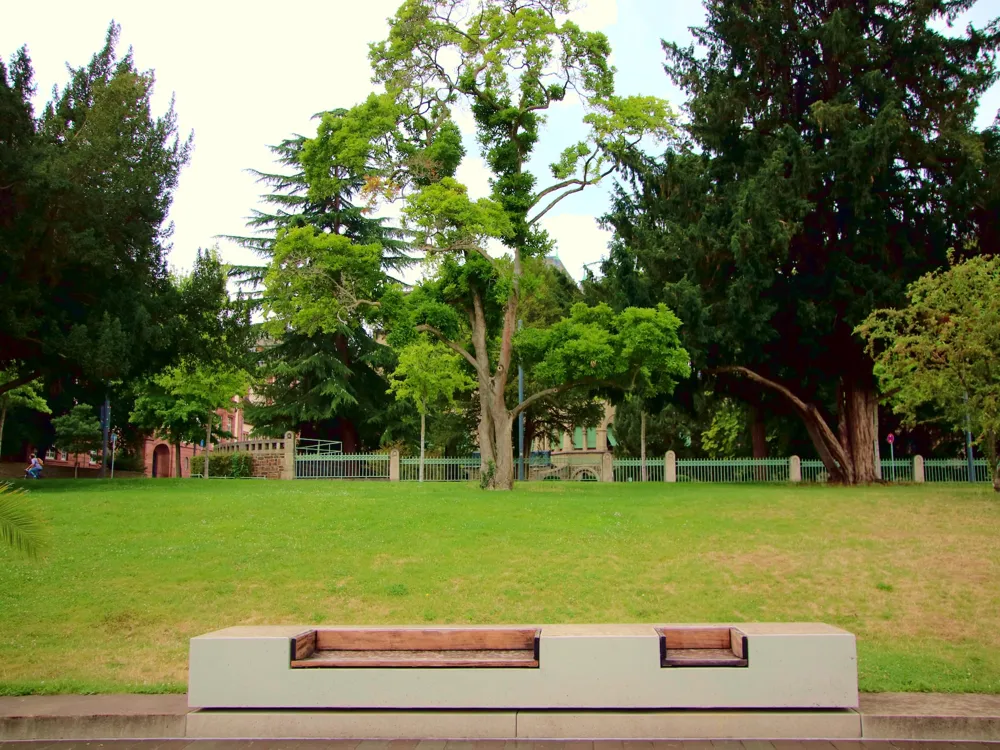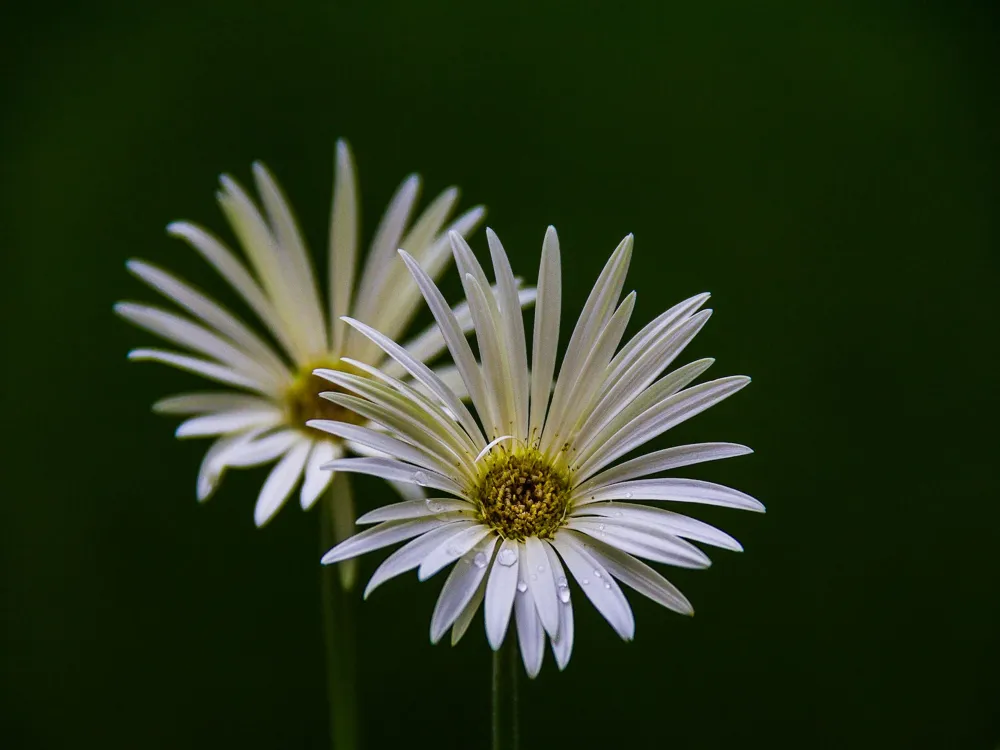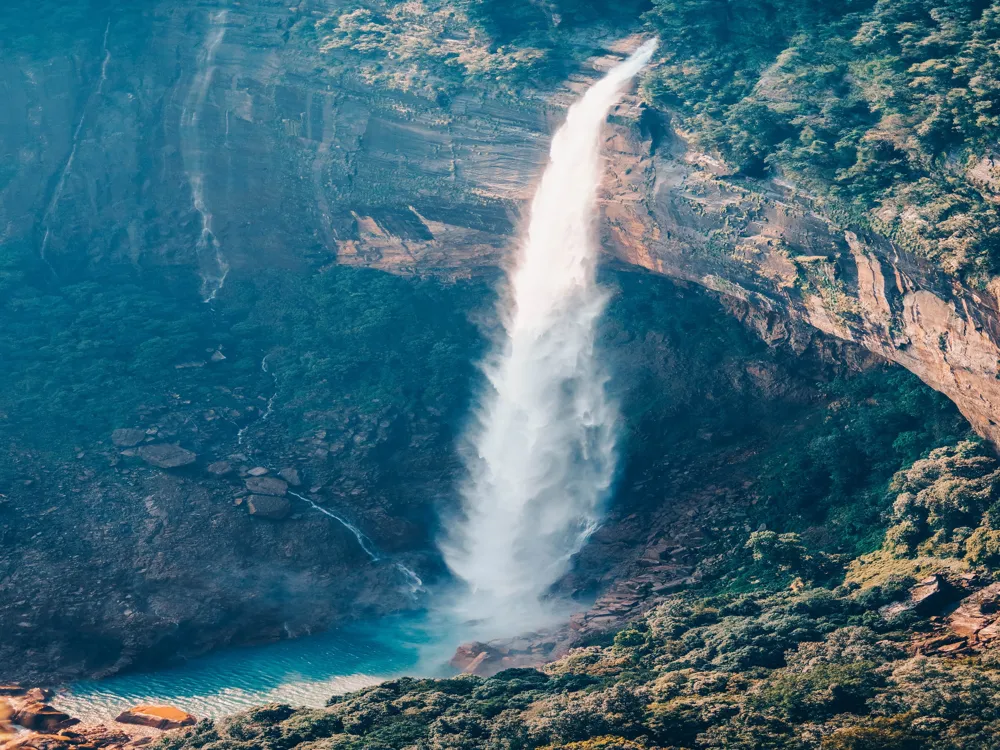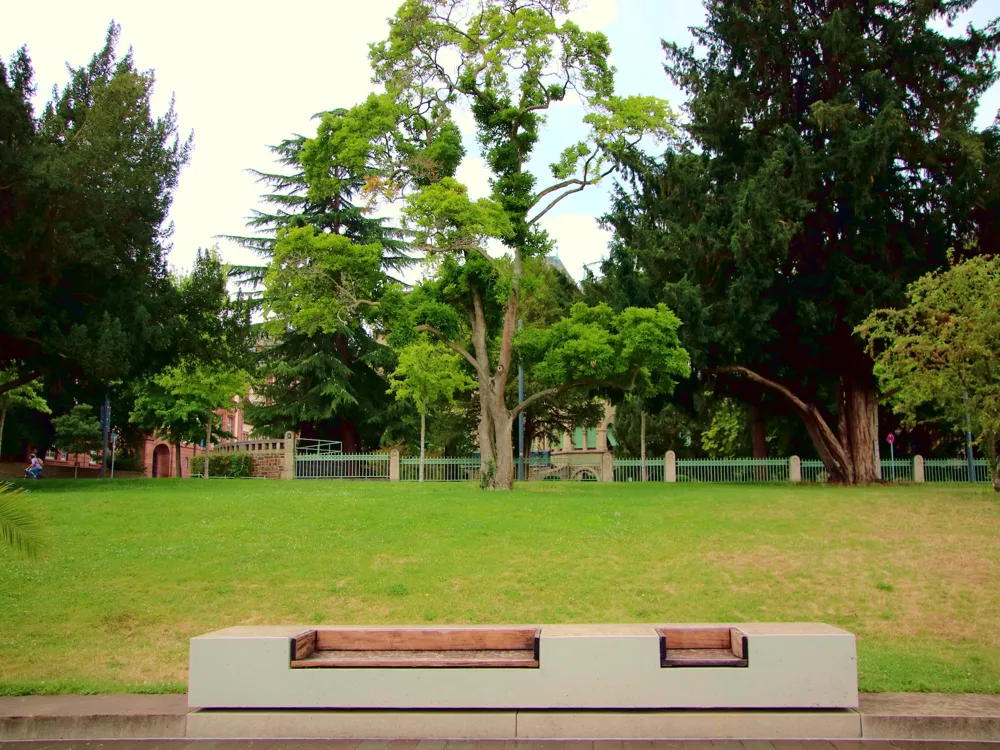Nestled in the serene landscapes of Marigaon in Assam, the Deosal Siva Temple stands as a testament to the region's rich cultural heritage and religious significance. This ancient temple, dedicated to Lord Shiva, is not just a spiritual haven but also a beacon of historical and architectural brilliance. Its roots trace back to centuries ago, embedding it deeply in the folklore and traditions of Assam. The Deosal Siva Temple is not merely a place of worship but a symbol of the spiritual harmony and architectural prowess that characterizes Assam's diverse cultural tapestry. Visiting this temple offers a unique opportunity to immerse oneself in spiritual tranquility while experiencing the historical grandeur of Assam. The architectural design of the Deosal Siva Temple is a splendid example of the Assamese temple architecture that flourished during ancient times. The temple, primarily constructed from locally sourced materials, exhibits a unique blend of indigenous design elements and traditional building techniques. Its structure is characterized by intricate carvings and detailed embellishments that depict various mythological scenes and figures, showcasing the artisan's skill and devotion. The temple's layout follows a distinct pattern, typical of Shiva temples in the region, with a central sanctum (garbhagriha) surrounded by a series of subsidiary shrines and halls. These spaces are adorned with a plethora of sculptures and motifs, each telling a story from the vast pantheon of Hindu mythology. The temple’s architecture not only serves as a place of worship but also as a canvas that narrates the rich cultural and religious history of Assam. The engineering behind the construction of the Deosal Siva Temple is as fascinating as its architectural beauty. Utilizing ancient techniques and knowledge, the temple has withstood the test of time, surviving natural calamities and historical upheavals. The use of interlocking stones and gravity-defying structures in the temple demonstrates the advanced level of engineering expertise that existed in Assam centuries ago. This ingenuity is particularly evident in the temple's foundation and the seamless integration of its various structural elements, creating a harmonious balance between form and function. The Deosal Siva Temple is not just a religious structure but a marvel of ancient engineering that continues to intrigue architects and historians alike. The sculptural art of the Deosal Siva Temple is a striking feature that captures the essence of Assamese craftsmanship. The temple walls and pillars are adorned with a myriad of sculptures, each meticulously crafted to depict deities, mythological creatures, and scenes from sacred texts. These sculptures are not just decorative elements but are imbued with symbolic meanings and religious significance. The precision and detail in these carvings reflect the deep spiritual connection and artistic dedication of the craftsmen. The fusion of art and spirituality in these sculptures makes the Deosal Siva Temple a living museum of Assamese cultural heritage. The Deosal Siva Temple holds immense significance in Assam’s cultural and spiritual landscape. It is not just a center for religious worship but also a symbol of the region's historical legacy and artistic achievements. The temple serves as a focal point for various cultural and religious festivals, drawing devotees and tourists alike. Its presence reflects the deep-rooted spirituality and rich cultural heritage of Assam. The Deosal Siva Temple is more than a religious site; it is a custodian of Assam's past and a beacon for its cultural future. The ideal time to visit the Deosal Siva Temple is during the winter months from November to February when the weather is pleasant. This period also coincides with several local festivals, providing visitors with an opportunity to experience Assam's vibrant cultural traditions. Visitors are advised to dress modestly in traditional or comfortable attire while visiting the temple. It is important to respect the temple's sanctity by maintaining a quiet demeanor and removing footwear before entering the temple premises. Photography may be restricted in certain areas of the temple. Visitors should look for signage indicating photography rules or ask temple authorities for guidance. It's essential to be respectful of the worshippers and the temple's sanctity while taking photographs. Engaging with local customs and traditions can enhance the visit. Visitors are encouraged to participate in the temple rituals and offerings but should do so with respect and understanding of the practices. There are several eateries and accommodations available near the temple, ranging from local Assamese cuisine to more familiar dishes. Visitors should try the local flavors to get a complete cultural experience. The Deosal Siva Temple is accessible via various modes of transportation. The nearest airport is in Guwahati, from where visitors can hire taxis or use public transport to reach Marigaon. For those traveling by train, the nearest railway station is also in Guwahati. Local buses and taxis are readily available for the journey to the temple. Additionally, visitors can drive to the temple, as it is well-connected by road. Read More:Overview of Deosal Siva Temple, Marigaon, Assam
Architecture of Deosal Siva Temple
Engineering Marvel of Deosal Siva Temple
Intricacies of Sculptural Art in Deosal Siva Temple
Significance of Deosal Siva Temple in Assam’s Culture
Tips When Visiting Deosal Siva Temple
Best Time to Visit
Dress Code and Etiquette
Photography Guidelines
Local Customs and Traditions
Food and Accommodation
How To Reach Deosal Siva Temple
Deosal Siva Temple
Marigaon
Assam
NaN onwards
View marigaon Packages
Marigaon Travel Packages
View All Packages For Marigaon
Top Hotel Collections for Marigaon

Private Pool

Luxury Hotels

5-Star Hotels

Pet Friendly
Top Hotels Near Marigaon
Other Top Ranking Places In Marigaon
View All Places To Visit In marigaon
View marigaon Packages
Marigaon Travel Packages
View All Packages For Marigaon
Top Hotel Collections for Marigaon

Private Pool

Luxury Hotels

5-Star Hotels

Pet Friendly







